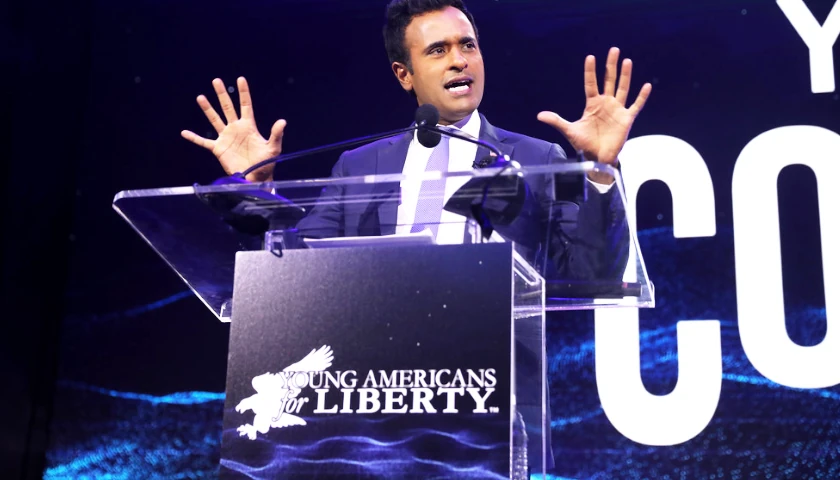by Jeff Minick
In “Burke on Our Crisis of Character,” which appeared in the December 2023 issue of Chronicles, Bruce Frohnen notes, “The American Way was real, rooted in families whose rights trumped the demands of the state because families were more natural and fundamental than the state.” The following month in the same magazine, Stephen Baskerville reviews a collection of essays, Up from Conservatism, in which he briefly addresses the pernicious effects of government welfare on family life and fatherhood.
As is the case in nearly everything that the federal government touches, be it education, health care, or anything else, its policies in the last 50 years have severely damaged the American family. Given the additional harms done by government in the first quarter of the 21st century—trillions of dollars in wasted expenses, woefully ignorant public school graduates, divisions along the lines of race, politics, and gender, a diminished pride in our past, the attacks on our liberties—some people I know despair about the future. Others of us want to restore the good that has been lost but feel frustrated and even defeated by the immensity of the task. We vote, we grouse (as I am doing here), yet each day brings some new assault on the culture, some new governmental dictate or intrusion, and we just want to hunker down in the trenches hoping that this bombardment will end of its own accord.
And yet, while we may feel helpless and insignificant in the face of this onslaught, we as individuals actually possess the power to repair the very foundation stones of our republic: the family, morality, and education.
“Charity begins at home,” goes the old saying, and if we take charity to mean caritas, love, then our families deserve the full allegiance of our hearts. By focusing more of our energy and affection on our children, spouses, parents, and other relatives, we create bastions of comfort and love. These strong families will in turn lead to strong communities and a stronger culture.
Intertwined with these family ties is a code of traditional morality. By “traditional,” I mean those basics laid down over the last three millennia, from the Ten Commandments to the musings by such contemporaries as Jordan Peterson.
The 2005 film Cinderella Man shows us a good example of this connection between moral teaching and family life. In the movie, Depression-era heavyweight boxer Jim Braddock’s son Jay steals a salami from the butcher’s shop, afraid that if his family doesn’t have enough to eat, he and his siblings will be sent away to live with relatives, as happened to his friend. After taking his son to return the salami, Braddock says to him, “Things ain’t easy at the moment, Jay, you’re right. There’s a lot of people worse off than what we are. Just ’cause things ain’t easy, that don’t give you the excuse to take what’s not yours, does it? That’s stealing, right? We don’t steal. No matter what happens, we don’t steal. Not ever.”
Here, the family—in this case, the father—becomes the teacher of sound ethics. How we live, and how we teach our children to live, are battles we can win.
Finally, we parents and guardians, and not some government entity, are responsible for our children’s education. Ultimately, it’s up to us to provide them with the tools that will lead to an educated and fulfilling life, but we need to keep in mind that education is also bound up with the preservation of liberty. Using the classic liberal arts—literature, history, philosophy—as our vehicle, we can pass on to our young people their culture, a code of morality, and real critical-thinking skills. These gifts in turn will allow them to live as citizens fully aware of the good, the true, and the beautiful, and always alert, as well, to infringements on their natural rights and liberties.
To give ourselves and our children these three things—a family, a code to live by, an education deserving of the name—we need no government other than ourselves. By our own willpower and good intentions, we can keep these foundations in good repair.
“Onwards and upwards”: Let’s print those old words on our hearts and never despair.
– – –
Jeff Minick is a contributor to Intellectual Takeout.





